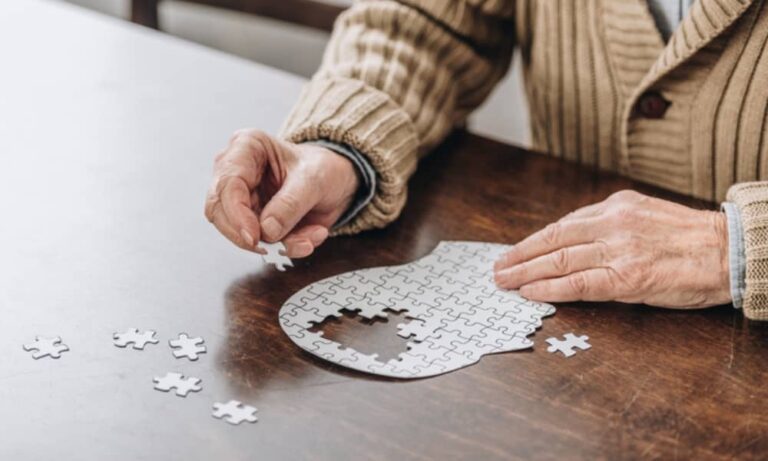According to the World Health Organisation, even before the pandemic in 2019 an estimated one in eight people globally were living with a mental disorder. At the same time, the services, skills and funding available for mental health remain in short supply, and fall far below what is needed, especially in low and middle income countries.
Since the COVID-19 pandemic, estimates put the rise in both anxiety and depressive disorders at more than 25% during the first year of the pandemic with growing social and economic inequalities, protracted conflicts, violence and public health emergencies affecting whole populations, threatening progress towards improved well-being.
Each year, on the 10th of October, people across the globe unite to observe World Mental Health Day. This significant day is not merely a date on the calendar but a collective reminder of the importance of mental health and its place as a universal human right.
World Mental Health Day is a day of reflection, education, and action. It serves as a poignant reminder that mental health concerns affect us all, regardless of our background, age, or circumstances. It is a day when the world comes together to amplify the importance of mental health as an integral component of our overall well-being.
Mental health issues can affect anyone, at any time. They do not discriminate, and they are not bound by geography, race, or social status. This is why the 2023 theme, ‘Mental health is a universal human right,’ is so poignant. It underscores the fundamental truth that every individual, irrespective of their circumstances, deserves the right to mental health and well-being.
World Mental Health Day also serves as a platform to emphasise the importance of seeking help and support when facing mental health challenges. It reminds us that it’s not a sign of weakness but a courageous step towards healing and recovery. In a world that sometimes seems fast-paced and unforgiving, taking care of our mental health is an essential act of self-compassion.
Additionally, stigma and discrimination continue to be a barrier to social inclusion and access to the right care. World Mental Health Day works to increase awareness about which preventive mental health interventions work, and help build a world in which mental health is valued, promoted and protected; where everyone has an equal opportunity to enjoy mental health and to exercise their human rights; and where everyone can access the mental health care they need.

11 Tips and techniques to promote good mental health
- Stay active. Research shows that people who exercise regularly have better mental health and emotional wellbeing, and lower rates of mental illness. Aerobic exercises in particular, including jogging, swimming, cycling, walking, gardening, and dancing, have been proved to reduce anxiety and depression.
- Make social connections — especially face-to-face. Being connected to others is important for our mental and physical wellbeing and can be a protective factor against anxiety and depression.
- Try a relaxation practice like yoga, meditation or tai chi.
- Spend some time in nature.
- Eat mood-friendly foods – Eating a healthy and well balanced diet containing healthy fats, plenty of fibre, and nutrient-dense foods will help you manage your stress and anxiety levels and help you feel better in general.
- Make regular, good quality sleep a priority
- Get professional help if you need it
- Limit time spent on screens. Research from mental health non-profit the Black Dog Institute reveals depression is on the rise among young people, and it is connected to increased screen time.
- Find something new to enjoy, whether it’s a new hobby, volunteer work, or just trying something out of the ordinary.
- Drink enough water. Research shows that dehydration may increase your risk of anxiety and depression, among other unhealthy mental states.
- Keep alcohol to a minimum. Alcohol changes levels of serotonin and other neurotransmitters in the brain, which can worsen anxiety.
- Find a furry friend. Time with animals lowers the stress hormone – cortisol, and boosts oxytocin – which stimulates feelings of happiness.







